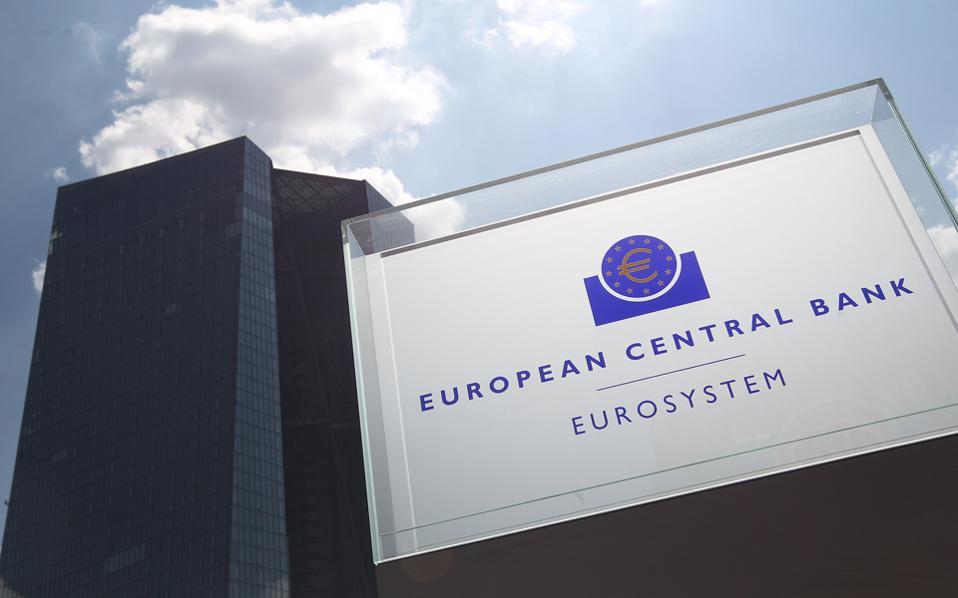This year’s EU-wide stress test is designed to provide valuable input for assessing the resilience of the European banking sector in the current uncertain and changing macroeconomic environment.
The adverse scenario is based on a narrative of hypothetical heightened geopolitical tensions, with high inflation and higher interest rates having strong adverse effects on private consumption and investments, both domestically and globally. In terms of GDP decline, the 2023 adverse scenario is the most severe used in the EU wide stress up to now.
The severe nature of the adverse scenario reflects a deliberate choice and reflects the purpose of the stress test exercise, which is to assess the resilience of the European banking system to a hypothetical severely deteriorated macro-environment.
The EBA expects to publish the results of the exercise at the end of July 2023.
Compared with previous EBA scenarios, the correction in real estate prices affects CRE more severely than residential real estate (RRE).
Persistently high inflation and the looming recession, coupled with a severe tightening of financial conditions, have a considerable impact on the outlook for the CRE market, which remains affected by the previous COVID-19 pandemic, compared with the RRE market.
The median decrease in CRE prices is driven by a strong correction of -16.4% in 2023 and a gradually slower fall in the following years: -11.8% in 2024 and -4.5% in 2025. Conversely, the median decrease in RRE prices is -7.9% in 2023, with the largest decline of -12.7% occurring in 2024.
In 2025, the median decline in RRE prices is only marginal at -1.2%. Although heterogeneity is contained, it remains slightly higher for RRE prices than in previous EBA scenarios.
This is mainly explained by the greater heterogeneity in house price imbalances across EU countries
in 2022 compared with the level of imbalances in 2020.
Under the stress tests scenarios, the baseline forecasts for EU countries and in particular for Greece are for a 4,7% jump in residential prices in 2023 and and 3,2% for commercial properties based in the country. On the contrary the reverser growth scenario has it for a 2.1% plunge in residential prices and 9.2% for commercial properties.
The stress tests
The stress test assesses the solvency of EU banks in a hypothetical adverse macroeconomic scenario over a three-year horizon (2023-25).
The objectives of the stress test are to:
- assess and compare the overall resilience of EU banks to relevant severe economic shocks.
- assess if bank capital levels are sufficient to ensure banks can support the economy in periods of stress.
- foster market discipline through transparent publication of consistent, granular and comparable data at a bank-by-bank level.
- provide input to the Supervisory Review and Evaluation Process (SREP) for competent supervisory authorities.
The EU-wide stress test will be conducted on a sample of 70 EU banks – thereof 57 from countries which are members of the Single Supervisory Mechanism (SSM) – covering roughly 75% of total banking sector assets in the EU and Norway. Compared to previous EU-wide stress tests, the 2023 exercise covers an additional 20 banks.
You may find our more here.















